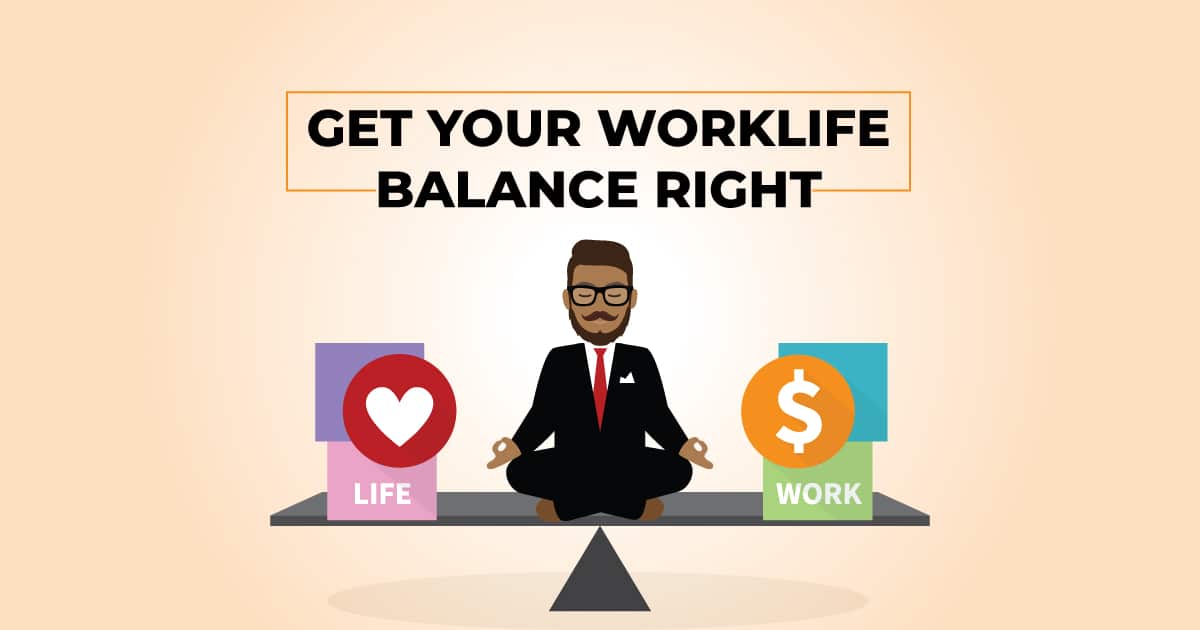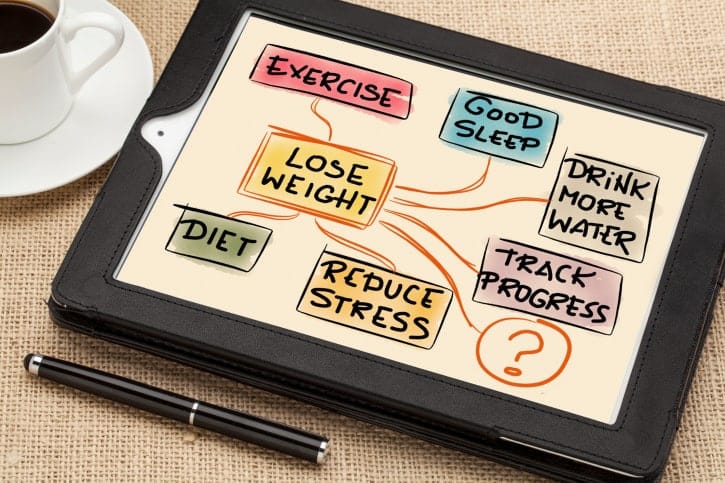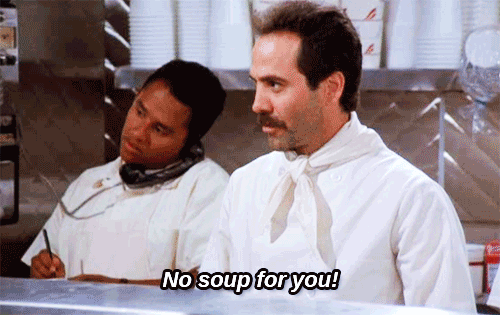Happy New Year, Eyecare: Tis the Season for Change
By Ian Davies, OD January 07, 2022
It’s that time of year again. The clock strikes midnight, the ball drops and a new year starts. And what a year. After all the trauma of the past 18 months, 2022 starts with optimism. Hopefully, maybe, the worst of the pandemic is behind us and we can start to plan anew, for a brighter year ahead.
But where to start? New year resolutions perhaps? Well, the success rate of such resolutions isn’t that great. 90% of all resolutions fail, generally within the first month of the new year. Why should this year be any different? Let’s explore the new year's resolution.
The first thing to note is that, in physiological terms, there is nothing unique about January the first. It’s a man-made construct. Whatever bad habits that we may have gotten into over the past months are not simply going to stop just because the number on a clock changes. The behaviors that drove those habits will be just as well ingrained at 12.01 as they were at 11.59. Change takes effort and that has to be acknowledged before it can happen. I’ve often argued that, in reality, January 1st is probably the worst time to try and instigate change, coming after the build-up to the holiday season with all the disruption that creates. Better maybe to let body, business, and mind get back into equilibrium over January and start those resolutions the following month!
But this post is about the new year, so let us start there.
Where to begin?
Let’s start with life. In simple terms, for most working people there are 3 key components, business, family, and self. Consider each in turn. We may be driven to succeed in business and setting business goals is a fundamental part of business planning. For many, what drives them to succeed in business is to provide for their family and there is nothing wrong with that at all. But consider this: how well can we be successful if we are worried about our families and friends? If supporting them is one of our drivers, we must ensure that equal attention is made to setting clear objectives to our personal relationships as we do to our business.
 And then there is us. Yep, me, you, us. While it’s easy to say that it is more important to look after our business, our family, our friends than it is to look after ourselves, I would argue that this is simply not true. You see, if we are not healthy, physically, mentally, and spiritually then how can we honestly say that we are supporting our family fully, and if we have concerns and worries over our families and friends, then how can we really concentrate at work?
And then there is us. Yep, me, you, us. While it’s easy to say that it is more important to look after our business, our family, our friends than it is to look after ourselves, I would argue that this is simply not true. You see, if we are not healthy, physically, mentally, and spiritually then how can we honestly say that we are supporting our family fully, and if we have concerns and worries over our families and friends, then how can we really concentrate at work?
So, whether our resolutions are made in January, February, or March, the first consideration has to be to ensure that they are balanced across all three areas.
So where do we begin? Most people’s first mistake is to start with the outcome that they want to achieve, for example: “I want to lose weight”, “give up smoking”, “be happier”, etc. Now there is nothing wrong with any of these admirable resolutions in terms of their outcome, but they do not specify the activities, or drivers, that need to change to achieve them. For a resolution to be effective, like any goal, it has to be specific, actionable, and (at least in the short term) attainable.
Why?
 Well, let’s take weight loss, one of the most common resolutions. For most people, losing weight is about burning more calories than you imbibe. It’s more complicated than that (a story for another day perhaps) but understanding it helps set a clearer resolution. Rather than setting a weight loss goal, set an eating goal; “for weekdays for the first 3 months of the year I’m going to eat fruit rather than cookies in the evening” or an activity goal; “For the next 3 months I’m going to use the stairs at work rather than the elevator” or one of my favorite behavior goals; “for the next 3 months I’m going to clean and floss 2 hours before going to bed” (let’s be honest no one likes to eat after cleaning their teeth and it’s a really quick way to avoid the evening cookie tin raid).
Well, let’s take weight loss, one of the most common resolutions. For most people, losing weight is about burning more calories than you imbibe. It’s more complicated than that (a story for another day perhaps) but understanding it helps set a clearer resolution. Rather than setting a weight loss goal, set an eating goal; “for weekdays for the first 3 months of the year I’m going to eat fruit rather than cookies in the evening” or an activity goal; “For the next 3 months I’m going to use the stairs at work rather than the elevator” or one of my favorite behavior goals; “for the next 3 months I’m going to clean and floss 2 hours before going to bed” (let’s be honest no one likes to eat after cleaning their teeth and it’s a really quick way to avoid the evening cookie tin raid).
Let’s break these resolutions down a little; they are all couched in the positive, “I am going to do something”, they are time-specific, long enough to become ingrained habits and they are all relatively small changes which, if they become engrained will make a positive impact to the overall objective.
What about attitudinal resolutions? Well, these are tricky, but the same principles apply. Just saying that you want to be happier will rarely work. The first stage is to explore what it is about your life that stops you from being happy. This is the territory in which change will make a difference. If the news on the tv depresses you then replace it with something that doesn’t. A great resolution might be to “watch an episode of <insert name of favorite old sitcom*> when the news is on”.
Now we just need to make the resolutions stick! For this, we need a support mechanism. The best support is from our friends, loved ones, and family. If we are comfortable sharing our resolutions with them, then their support can be a major contributor. If, and there may be good reasons for this, we want to keep our resolutions to ourselves, then keeping a simple tally in a notebook, or calendar, of each day that we achieve our objective can act as a powerful motivator for change, all the more so when we treat ourselves to something each week, we achieve the goal!
Practice Pearls:
1. Consider making resolutions starting February or March!
2. Ensure that resolutions cover all aspects of your life
3. Focus on the drivers to change, not the outcome
4. Keep a note of your progress!
*I’m a sucker for old episodes of Seinfeld!
Cheers to a happy, productive, and fantastic New Year!